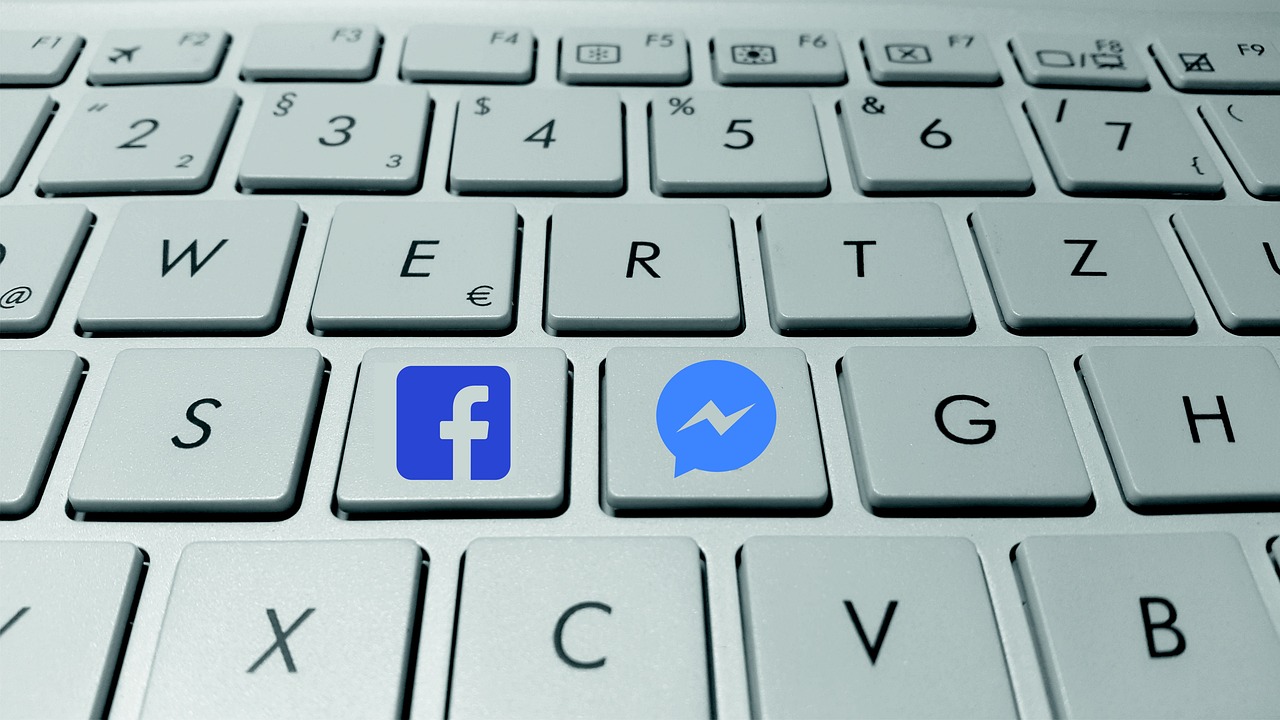Wearable Technology for Health Monitoring
Wearable technology has revolutionized the way individuals monitor their health on a day-to-day basis. These devices offer real-time data on various health metrics, enabling users to stay proactive about their well-being. From tracking steps taken to monitoring sleep patterns and even measuring stress levels, the convenience of wearable technology empowers individuals to make informed decisions about their health.
Moreover, the continuous monitoring capabilities of wearable technology provide users with valuable insights into their overall health trends over time. By collecting data consistently, users can identify patterns and make adjustments to their lifestyle habits accordingly. This proactive approach to health monitoring not only fosters better decision-making but also empowers individuals to take control of their health and well-being effectively.
How Wearable Technology Can Track Physical Activity
Wearable technology has revolutionized the way individuals monitor their physical activity levels. These devices, such as fitness trackers and smartwatches, are equipped with various sensors that can accurately capture data on steps taken, distance traveled, calories burned, and even sleep patterns. By wearing these devices throughout the day, users can gain valuable insights into their activity levels and make informed decisions to improve their overall health and well-being.
The real-time tracking capabilities of wearable technology enable users to set specific fitness goals and track their progress with ease. With the data collected by these devices, individuals can analyze their activity patterns over time, identify trends, and make adjustments to their routines as needed. This level of awareness and accountability can be highly motivating, encouraging users to stay active and make healthier choices in their daily lives.
The Role of Wearable Technology in Monitoring Heart Rate
Wearable technology has revolutionized the way we monitor our heart rate. These devices are equipped with sensors that continuously track the heart rate, providing real-time data to users. This instant feedback allows individuals to better understand their heart health and make informed decisions about their well-being.
Moreover, wearable technology has made it convenient for users to monitor their heart rate during various activities, such as exercise or daily tasks. The ability to track heart rate in different scenarios helps individuals customize their fitness routines and ensure they are working out at the right intensity levels. By incorporating wearable technology into their daily lives, people can take proactive steps towards maintaining a healthy heart and overall well-being.
• Wearable technology has sensors that track heart rate in real-time
• Instant feedback helps users understand their heart health
• Monitoring heart rate during activities like exercise allows for customization of fitness routines
• Users can ensure they are working out at the right intensity levels with wearable technology
• Incorporating wearable technology into daily lives promotes proactive steps towards maintaining a healthy heart and overall well-being
How accurate is wearable technology in monitoring heart rate?
Wearable technology has become increasingly accurate in monitoring heart rate, with some devices boasting medical-grade accuracy.
Can wearable technology help in detecting abnormal heart rhythms?
Yes, certain wearable devices can alert users to abnormal heart rhythms such as atrial fibrillation, allowing for early detection and intervention.
Are there any limitations to using wearable technology for monitoring heart rate?
While wearable technology is generally accurate, factors such as skin tone, movement, and device placement can impact the accuracy of heart rate monitoring.
Can wearable technology track heart rate during physical activities?
Yes, many wearable devices are equipped to track heart rate during physical activities, providing valuable insights into workout intensity and overall cardiovascular health.
How can wearable technology benefit individuals with heart conditions?
Wearable technology can provide individuals with heart conditions real-time monitoring of their heart rate, allowing for better management of their condition and earlier detection of any abnormalities.





